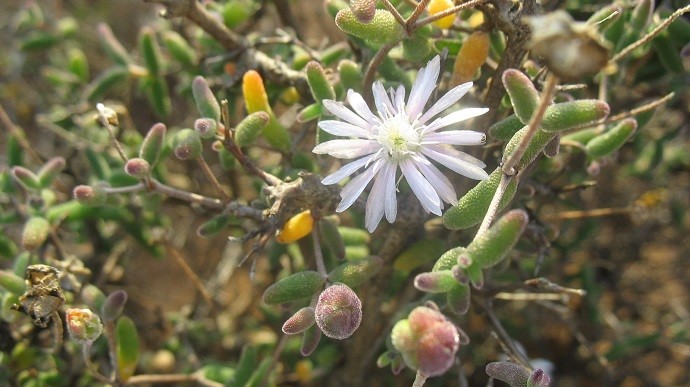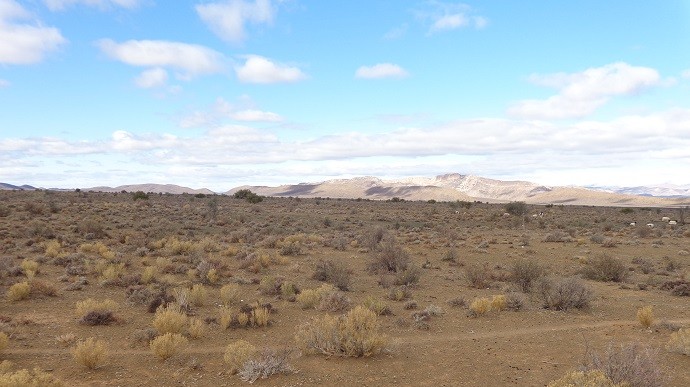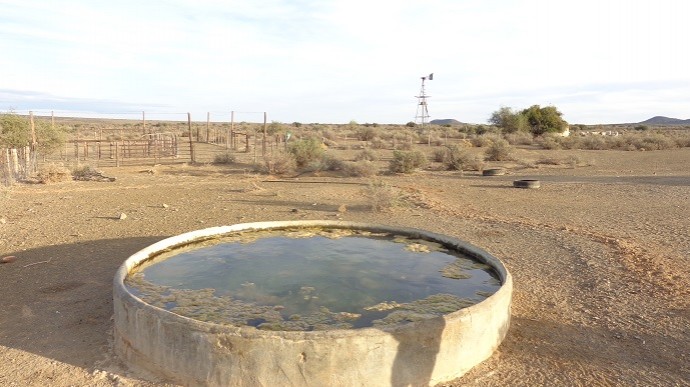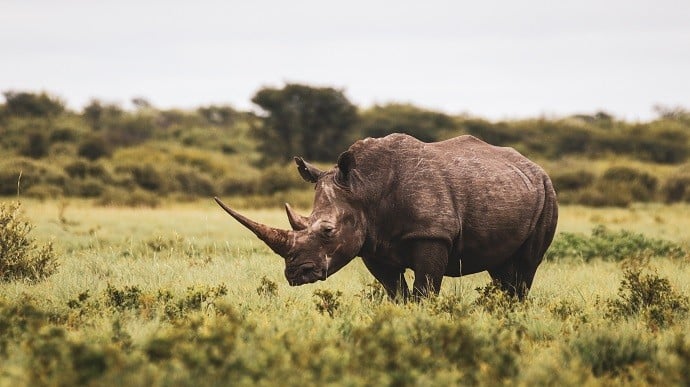 Story
Story
RE.SEARCH 9 is our most novel edition yet. In it, we have featured research that encourages us to think afresh, and is doing so, we’ve highlighted new ways of looking at research. You can expect to read about research that has potential and promise for the future but which is still nascent or represents an educated guess. This edition also features a range of multimedia that you can immerse...
 Story
Story
The University of Pretoria (UP) has been part of a groundbreaking international study to understand how plants found in drylands have adapted to these extreme habitats. The results of this large-scale study, which involved 120 scientists from 27 countries, were recently published in scientific journal Nature and have significant implications for protecting biodiversity as the planet warms and...
 Gallery
Gallery
UP researchers contributed datasets from South African drylands, with sampling being carried out in the vicinities of Graaff Reinet and Prince Albert in the central Karoo, and around Lichtenburg in the North-West province. These sites provided unique data as South Africa’s drylands are particularly rich in plant species compared with many of the other sites included in the study.
 Podcast
Podcast
Listen to the Nature podcast where a round up of the UP and partners study is mentioned explaining what happens when environments get more dry and plant species numbers drop, but the number of traits increase and the global significance of this research.
 Story
Story
New research by scientists at the University of Pretoria (UP) has shown that pulse oximeters, originally designed for humans, can be used more effectively to monitor the blood oxygen levels of rhinoceroses who are under anaesthesia and immobilised – by attaching them at an unusual site: the rhino’s ‘third eyelid’.
 Gallery
Gallery
UP researchers have been working on adapting the use of existing technology and testing it in the field to find an appropriate solution to mitigate complications arising from low oxygen levels during procedures like immobilisation. This new research improves our ability to provide care and ensure the well-being of rhinos in the field.
Copyright © University of Pretoria 2024. All rights reserved.
Get Social With Us
Download the UP Mobile App